Covering Plants For Winter & Other Winterizing Tips For Houston
Covering Plants For Winter In Houston
The Best Winter Crop Cover For Raised Beds
Winterizing Tips For Houston Gardeners
While our winters are pretty mild here in Houston, we do tend to have a lot of tender tropicals and other plants that require covering or proper winterizing to make it through until the following spring. If you’ve got some new additions to the garden and are unsure of how to ease them through the temperature transition, or if you’ve had some past winterizing mishaps that you’d like to prevent from recurring, check out this guide to covering plants for winter & other winterizing tips for Houston.
Covering Plants For Winter In Houston
Since temperatures rarely dip below 40°F, and snow is rarer than the limited edition Princess Diana Beanie Baby, we don’t have to worry much about frost damaging our garden plants. That being said, there are a few more sensitive plants that need a little extra insulation from December to February, because they’re more accustomed to hot tropical weather. Tender perennial flowers, trees, shrubs, and vegetables each require slightly different accommodations during colder temperatures, so this guide should provide you with the basics of how to protect all your garden plants as things cool down outside.
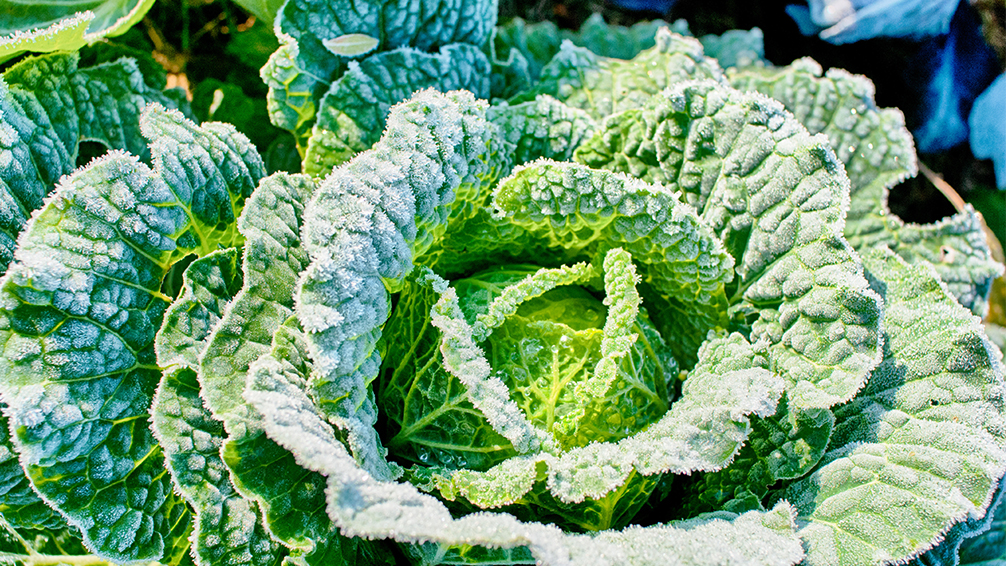
The Best Winter Crop Cover For Raised Beds
Lots of people opt to use plastic covering for raised beds because you can easily monitor the growth of your plants without removing it. However, this is not actually a stellar idea, because it can suffocate your plants if you leave it on for too long. Bedsheets aren’t great either, because if it rains you’ll have a pretty gnarly mess to deal with. Ideally, you’ll want to use a high-quality insulated plant cover made especially for garden beds.
If there are just a few more delicate plants in your raised bed among a group of tougher veggies like cabbage or kale, you can cover them with upturned buckets. This will help conserve moisture and keep them warm, especially overnight. When it’s warmer during the day, you can always uncover them so they can soak up some extra sunshine.
If you live in an area with a lot of wind, tree covers for cold weather will help any trees that may be sensitive to damage from changing temperatures. Burlap is typically the best material to use for evergreen tree covering because it’s breathable and allows for just enough air circulation to prevent mold. It’s quite popular as a cover for rose bushes and shrubs as well, because the material is inexpensive and pliable. Try to wrap it around from the base working upwards, with enough overlap in the material to keep air out and maintain a solid shape. Hold it in place with rope—this usually looks the most aesthetically pleasing.
Trees with thin bark or newly planted trees that are more vulnerable to damage are better off with a plastic or specially insulated fabric cover. If you’re unsure of which one to choose for, feel free to stop by the shop and we’ll help you find the most appropriate cover for your trees.
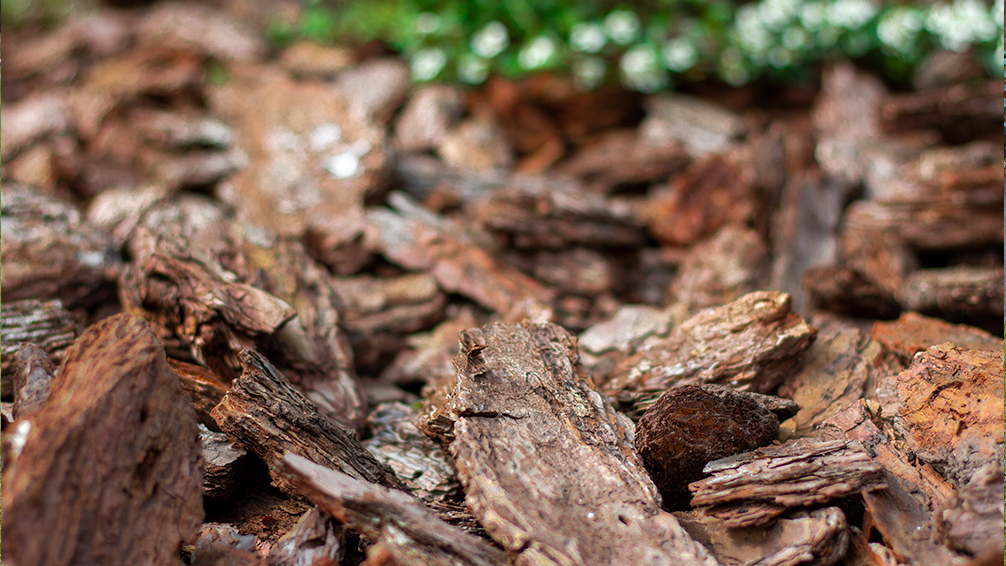
Winterizing Tips For Houston Gardeners
A little prep work at the beginning of the season will save you heaps of trouble in the long run. Here are a few extra tips for keeping your garden protected while the temperatures plummet:
- Bring Delicate Container Plants Indoors. More cold-hardy plants won’t need to come in, though. Just gather them all up in a huddle and toss a tarp over them if you’re worried about the containers getting cold and cracking.
- Water Your Plant Roots Deeply. Water is actually a fantastic insulator, so if the forecast is calling for a super cold night, water your garden at least one day in advance to help lock in warmth.
- Mulch Your Garden Beds. Shredded bark mulch helps lock in moisture and heat, plus it helps block weeds from the sun so they can’t sprout up. It comes in plenty of different colors, so if you want a little extra festive touch for the holidays, sprinkle some bright red bark mulch across the soil!
- Give Your Grass Some Winter Lawn Food. Usually, lawn fertilizer is high in nitrogen to stimulate growth, but we only want that during the spring and summer. Instead, get a fertilizer that’s high in potash so it will stimulate root development. This will result in stronger grass that’s ready to spring into action once it gets warmer out.

If you need some supplies or any insights on proper techniques for protecting your plants, don’t hesitate to visit us at Plants for All Season! We’d hate to see your precious garden plants succumb to the cold weather, so we’re more than happy to help get you all set up.

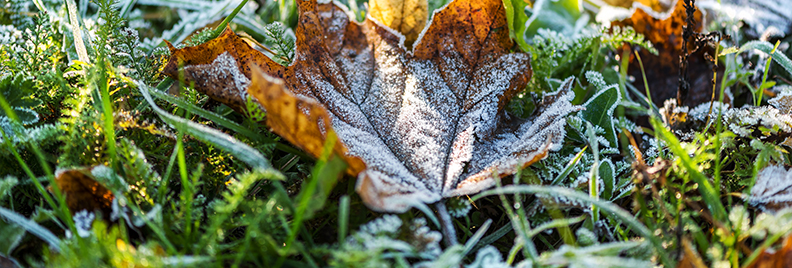
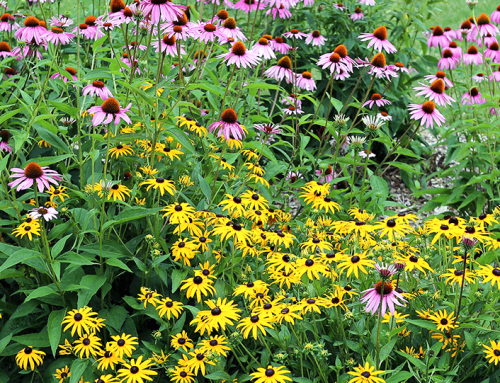
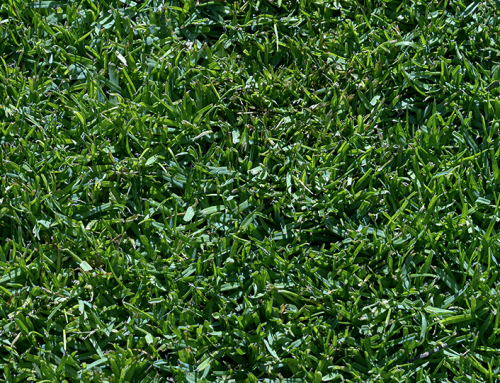
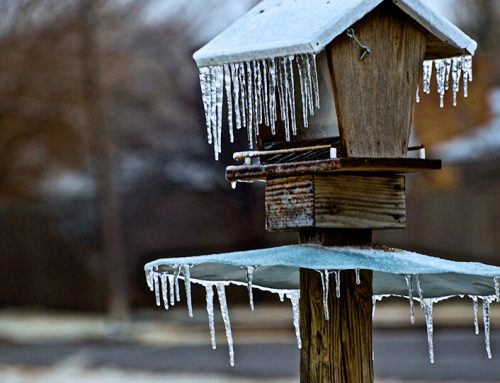
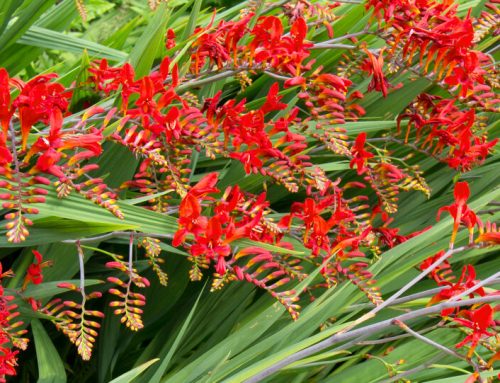
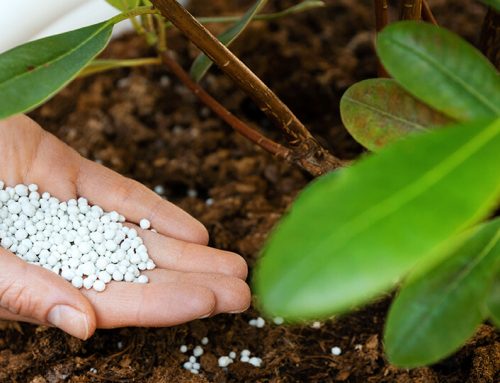
I love the tidbits of info that helps me have a better garden! Thank you for your great newsletter!